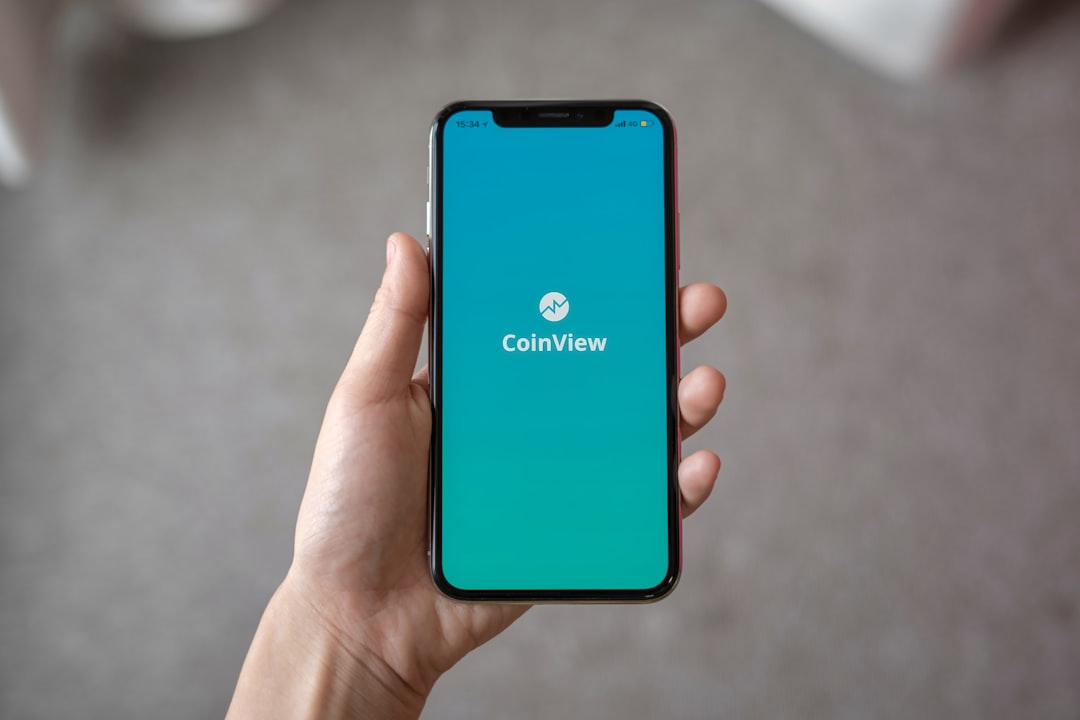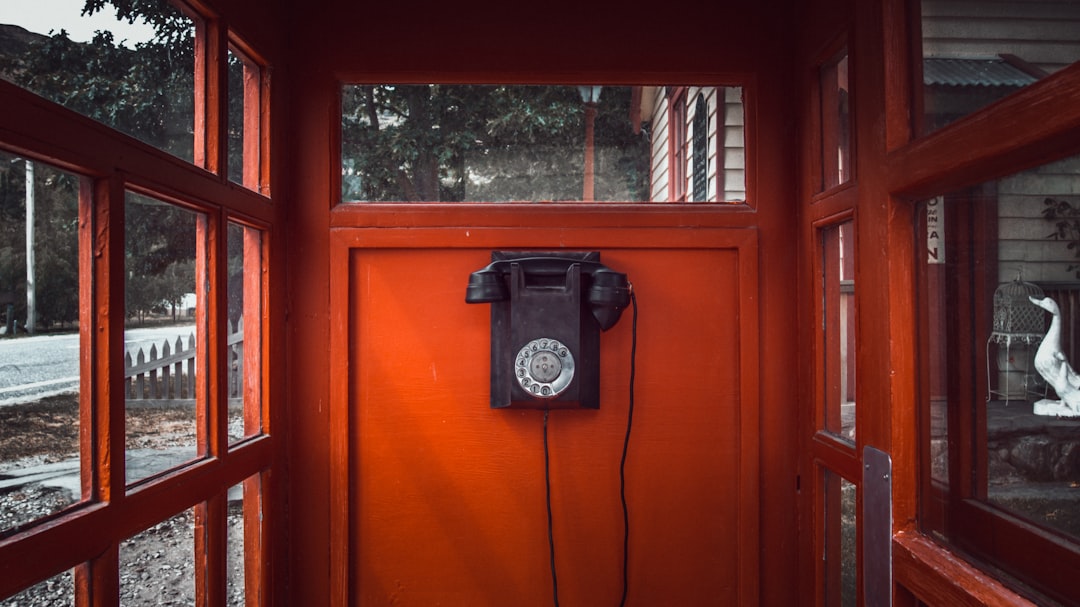Florida's robocall laws, based on the TCPA, protect user privacy by requiring explicit consent for automated calls and providing opt-out options. Residents can block unwanted calls using device features or apps, enroll in the "Do Not Call" registry, and choose privacy-focused networks to enhance protection against intrusive robocalls.
Staying ahead of relentless robocalls is a constant battle for many Florida mobile users. Understanding state laws is the first step towards reclaiming control. This guide equips you with crucial tips and strategies to navigate the complex world of robocall blocking, empowering you to protect your privacy and silence unwanted intrusions. From identifying suspicious calls to implementing effective blocking measures, we explore practical solutions in line with Florida’s robocall laws.
Understanding Robocall Laws in Florida

In Florida, robocall laws are designed to protect mobile users from unwanted automated phone calls. The Telephone Consumer Protection Act (TCPA) imposes strict regulations on robocallers, ensuring that consumers have control over their phone lines. One key aspect is obtaining explicit consent before making automated calls, which includes pre-recorded messages or live speakers.
Florida’s implementation of the TCPA requires businesses and callers to follow specific guidelines, such as providing a clear and conspicuous opt-out option during the call and maintaining detailed records of call activities. Violations can result in substantial fines, emphasizing the importance of understanding and adhering to these robocall laws to safeguard privacy and minimize legal repercussions for mobile users.
Identifying and Blocking Unwanted Calls

Identifying unwanted calls is the first step in protecting yourself from robocalls. These automated, pre-recorded messages often come from telemarketers or scammers and can be particularly prevalent in Florida, where laws around robocalls are stringent. Be vigilant for calls that display unknown numbers, have unusual timing (like calls at odd hours), or offer products or services you haven’t requested. Many modern mobile devices already have built-in call blocking features or apps that can help filter out these unwanted intrusions.
Utilize the “Do Not Call” registry in Florida to register your phone number and restrict marketing calls. This is a robust legal protection under robocall laws, ensuring that your number is less likely to be targeted by automated calling campaigns. Additionally, consider downloading call-blocking apps or using your device’s native settings to block numbers automatically based on specific criteria, such as unknown callers or those with a history of unwanted calls.
Protecting Your Privacy: Effective Strategies

Protecting your privacy from unwanted robocalls is a crucial aspect of navigating the digital landscape in Florida, where strict robocall laws are in place to safeguard residents. One effective strategy is to utilize built-in call blocking features on your mobile device. These settings allow you to create blacklists and whitelist contacts, ensuring that only desired calls reach you. Regularly reviewing and updating these lists is essential as new numbers can pop up.
Additionally, consider using reputable call-blocking apps available in the market. These apps not only block robocalls but also provide detailed insights into caller activity. Opting for privacy-focused networks and service providers can further enhance your protection. Remember to stay informed about Florida’s robocall laws, which empower you to take control of your communication experience and preserve your personal space.






